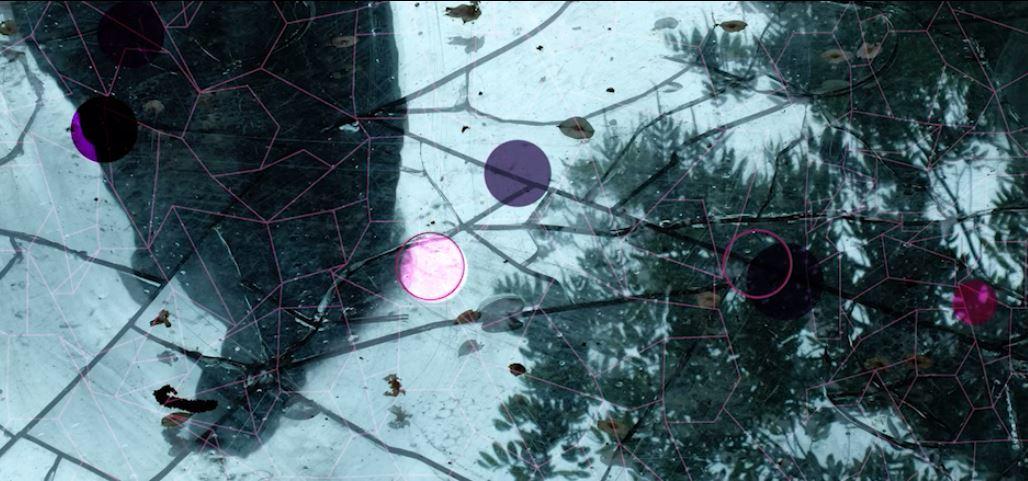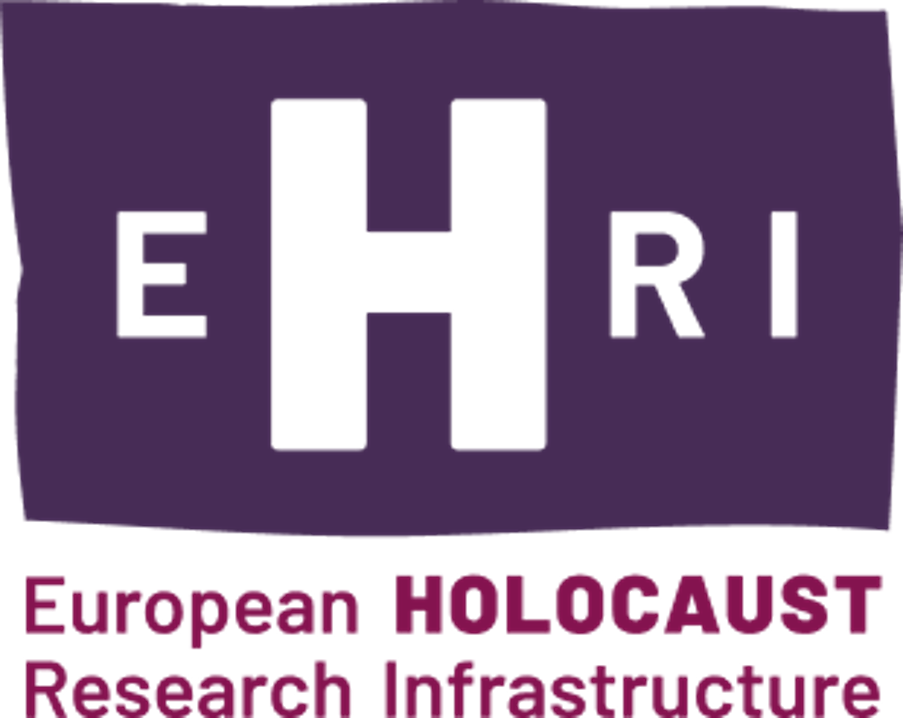Science cluster


Summary
The European Holocaust Research Infrastructure (EHRI) aims to enhance access to Holocaust-related historical sources and promote transnational scholarship. The EHRI Portal hosts over 370,000 archival descriptions from 2,000 institutions worldwide. The EHRI-KG project will develop a comprehensive Linked Open Data (LOD) Knowledge Graph (KG) to complement the EHRI Portal and further advance data accessibility, aligning with the evolving semantic web and LOD Standards, and supporting the integration of Holocaust data into the EOSC.
Challenge
Open Science Service
The European Holocaust Research Infrastructure (EHRI) project, initiated in 2010, aims to enhance access to Holocaust-related historical sources, fostering transnational scholarship and promoting education and remembrance. The project has developed the EHRI Portal, which hosts over 370,000 archival descriptions from over 2,000 institutions globally. However, the complex, multilingual nature of these sources presents significant challenges for researchers. To address this, the proposed project seeks to create a comprehensive Linked Open Data (LOD) Knowledge Graph (KG) that aligns with evolving semantic web standards.
Solution
The EHRI Knowledge Graph (EHRI-KG) will complement the existing EHRI infrastructure, providing a scalable template for institutions to adopt LOD with minimal technical investment. As one of the first large-scale applications of the Records in Contexts (RiC) standard — a new standard sponsored by the International Council on Archives (ICA) and designed specifically for archival data — EHRI-KG will capture and disseminate valuable insights through open-source deliverables, public documentation, and training materials. The project will also integrate outputs into the EOSC via the SSHOC Marketplace, broadening its impact beyond the Holocaust research and archival communities.
Scientific Impact
The EHRI-KG project will significantly enhance cohesion and interoperability within Holocaust research by making a unified dataset of Holocaust archival material available in Linked Open Data (LOD) form, promoting new patterns of exploration and discovery. Its impact extends beyond Holocaust research, enhancing data reuse, interoperability, and accessibility in educational, collaborative, and archival settings. The project will also provide a template for other archival institutions to adopt LOD, helping smaller organisations navigate legacy systems and enhance data accessibility. The project will contribute to shaping future archival semantic web standards, promoting broader adoption of the Records in Contexts (RiC) ontology and conceptual model.
Results
- Released first version of EHRI-KG ontology: The EHRI-KG Ontology formalises the data model of the knowledge graph. This first version (aligned with RiC 1.0.2) is a vital step towards delivering a fully-realised KG. Future versions will align with more recent versions of RiC, and make further changes to expand and improve the data model | More details
The ontology itself is available at https://lod.ehri-project-test.eu/ontology - Paper on Holocaust Archival Knowledge Graph added to RiC resources | Link
Events
- 08 October, 2025 | The Hague, The Netherlands - From Data to Blueprint, organised by the European Memory DataSpace (EMDS)
Promotional material
- Video from the webinar “The EHRI Knowledge Graph, New Possibilities for the EHRI Portal’s Data” | Watch here
Principal investigator

Mike Bryant is a software developer at NIOD Institute for War, Holocaust and Genocide studies in Amsterdam, where he works on the European Holocaust Research Infrastructure (EHRI). He has been involved with the digital humanities since 2010.
Herminio García González is a data integration specialist at Kazerne Dossin, Mechelen, where he has led the EHRI data integration lab since 2021. His research interests are web semantics, data integration, data validation, and digital humanities.


